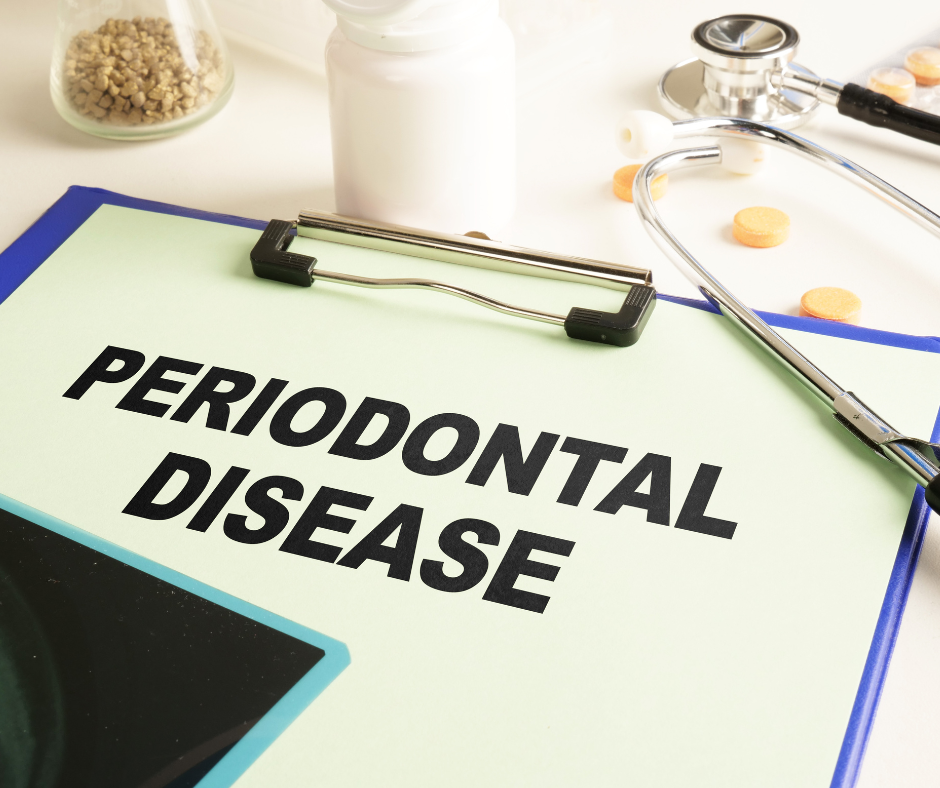
- Cosmetic Dentistry
- by admin_cosmetic
Hello, dental health aficionados! Today, we’re diving deep into a topic that affects many yet often goes unnoticed until it’s too late—periodontal disease. Understanding what periodontal disease is, how it progresses, and the impact it can have on your overall health is crucial. Let’s break down the essentials and explore how you can keep your gums in tip-top shape!
What is Periodontal Disease?
Periodontal disease, also known as gum disease, is a common but preventable infection that damages the soft tissue and bone supporting your teeth. Without treatment, it can lead to tooth loss, and research shows it may be linked to other chronic diseases, including diabetes and heart disease.
Stages of Periodontal Disease:
- Gingivitis: This is the earliest stage of periodontal disease, characterized by gum inflammation without bone loss. Common signs include redness, swelling, and bleeding during brushing or flossing. Gingivitis can usually be reversed with improved oral hygiene and professional dental cleanings.
- Periodontitis: If left untreated, gingivitis can advance to periodontitis. In this stage, the inner layer of the gum and bone pull away from the teeth and form pockets, which can become infected. As the disease progresses, these pockets deepen, further gum tissue and bone are destroyed, and teeth can eventually become loose and may need to be removed.
Symptoms to Watch For:
- Persistent bad breath
- Red, swollen, or tender gums
- Bleeding while brushing or flossing
- Painful chewing
- Loose or sensitive teeth
- Receding gums or longer appearing teeth
Prevention and Treatment:
Preventing periodontal disease starts with good oral hygiene. This includes brushing twice a day, flossing daily, and regular dental check-ups. Early stages can often be treated with non-surgical treatments such as scaling and root planing (cleaning the infected root surfaces), followed by adjunctive therapy such as antibiotics and antimicrobials if necessary.
For more advanced cases, surgical treatments may be needed to restore supportive tissues. A periodontist, a dentist specializing in the treatment of gum disease, can provide these services.
Book Your Consultation Today:
If you’re concerned about periodontal disease or just ready for a routine check-up, book a consultation with the best cosmetic dentistry center in Brooklyn, New York. Our skilled team is ready to help you maintain your oral health and guide you through preventing or managing periodontal disease.


